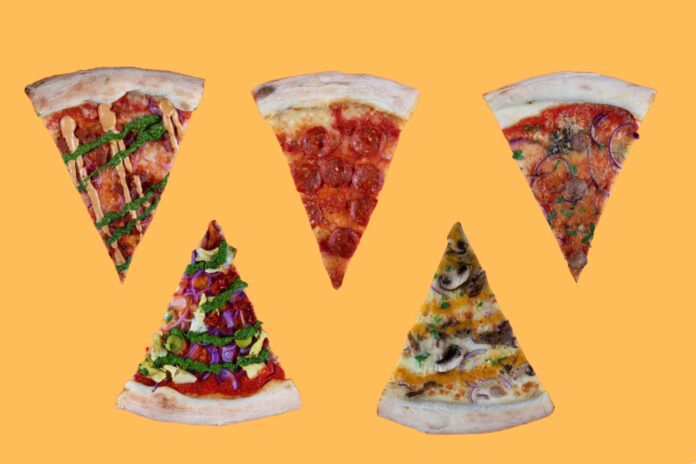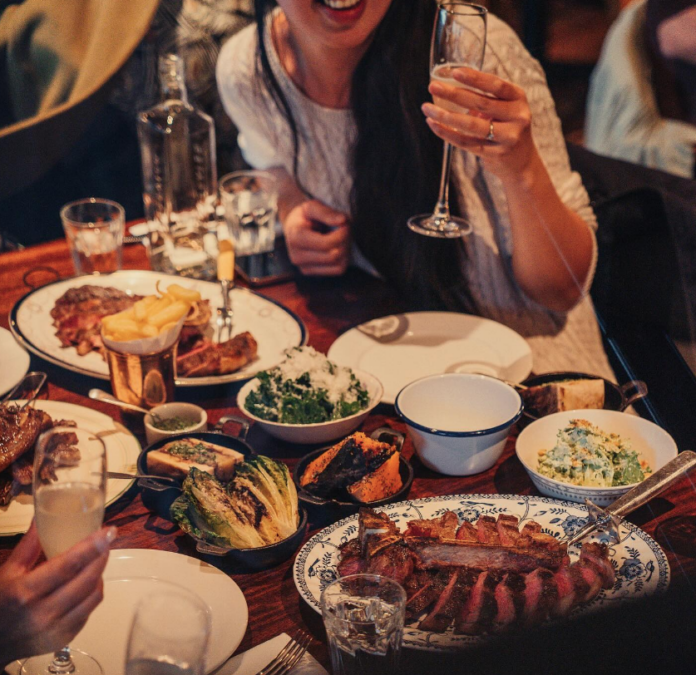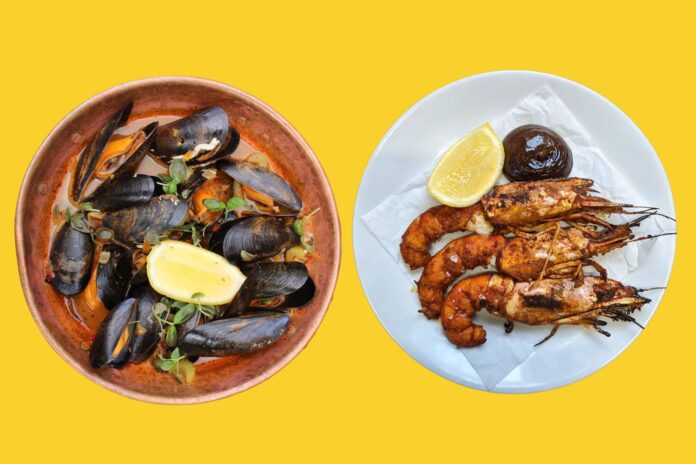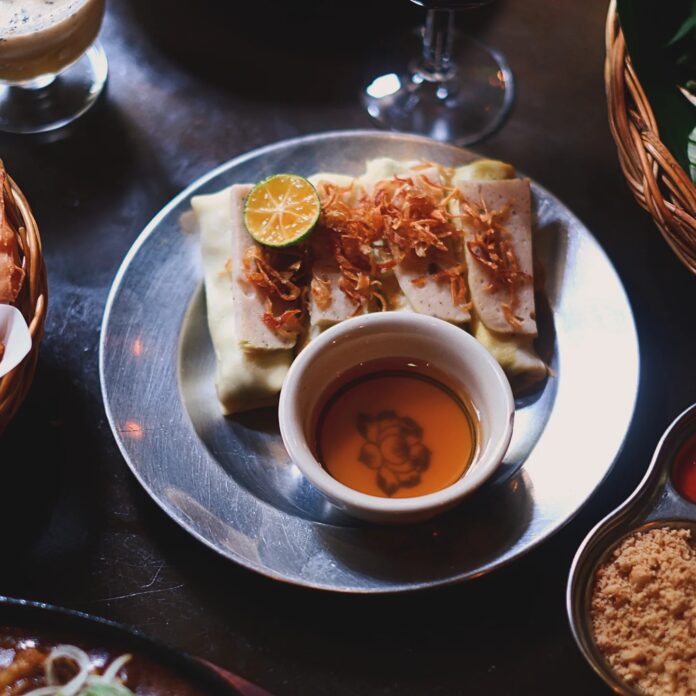French cuisine is often seen as the epitome of culinary excellence, a symphony of flavours, techniques, and traditions that have been refined over centuries. For the aspiring chef or the home cook looking to elevate their kitchen prowess, understanding the basics of French cooking is akin to a musician learning their scales. It’s the foundation upon which all other skills are built.
So, what can one expect to learn in a beginner’s French cooking class? Let’s don our aprons, stick on our comically tall apprentice hats, and delve into the world of julienne, mirepoix, velouté, and so much more…
Sharpening Your Knife Skills
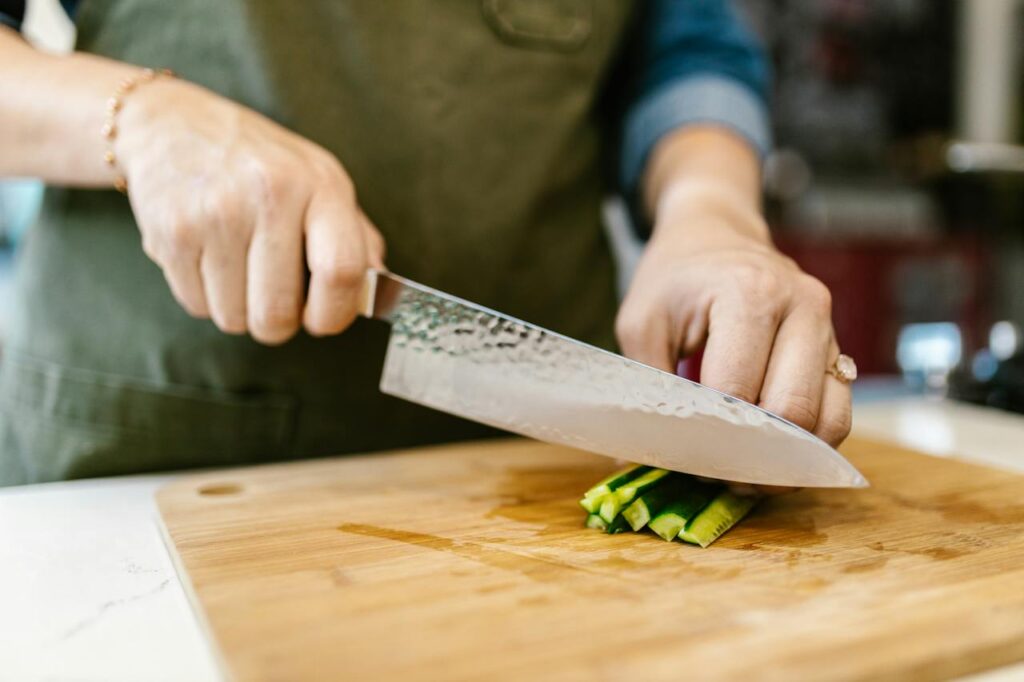
One of the first, and arguably most important, skills taught in pretty much all beginner’s or short cooking classes is how to handle a knife properly. French cooking demands precision, and that begins with your cuts. From the fine brunoise to the more robust paysanne, the way ingredients are chopped not only affects their cooking time and texture but also the overall presentation and flavour of the dish.
In a beginner’s class, you’ll learn how to maintain your knives to keep them razor-sharp, as well as the proper techniques for slicing, dicing, and mincing. Safety is paramount, so expect to become well-versed in the art of tucking your fingers away and using the ‘claw grip’ to avoid any culinary calamities.
Read: 5 of the best knife sharpeners for chefs
Mastering Stocks & Sauces
The French are renowned for their rich, complex sauces and the stocks that form their base. A beginner’s class will introduce you to the quintessential ‘mother sauces’: béchamel, velouté, espagnole, sauce tomate, and hollandaise. These five sauces are the starting points for countless variations and are essential to mastering French cuisine.
You’ll learn how to gently simmer bones and vegetables to create a flavourful stock, the importance of skimming to achieve clarity, and the patience required to reduce a sauce to its perfect consistency. The skills you acquire here will serve you well beyond the realm of French cooking, as stocks and sauces are universal in the culinary world.
The Art Of Emulsification
Emulsification is a process that’s central to many French dressings and sauces, such as the classic vinaigrette and mayonnaise. A class teaching the very fundamentals will take you through the delicate dance of combining oil and vinegar (or another acid) to create a stable emulsion. It’s a skill that requires a bit of science and a lot of whisking, but once mastered, it will elevate your salads and cold dishes to new heights.
Perfecting Eggs
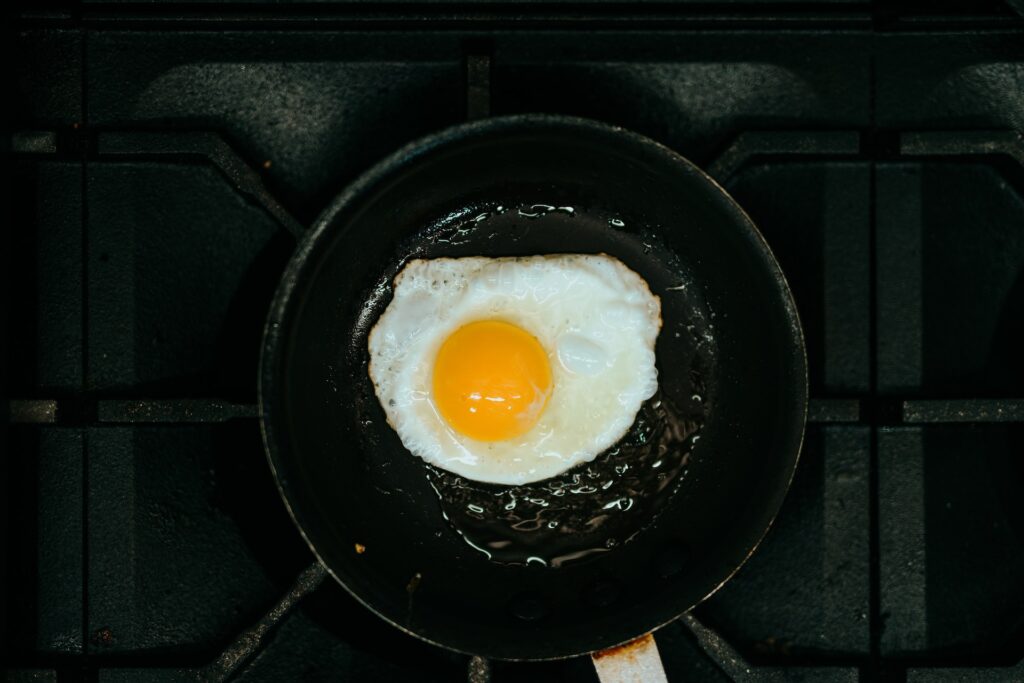
Eggs are a staple in French cuisine, and learning how to cook them perfectly is a must. Whether it’s creating the perfect omelette with its soft, tender curd, poaching eggs to runny-yolked perfection, or baking a delicate quiche, eggs are an excellent medium for honing your temperature control and timing.
Baking & Patisserie Basics
No introduction to French cooking would be complete without a foray into the world of baking and patisserie. Here, precision is key, as baking is as much a science as it is an art. You’ll start with simple pastries, like the versatile pâte brisée or the flaky pâte feuilletée, and learn the importance of cold ingredients and resting dough.
As you progress, you might tackle the art of the perfect baguette or the intricacies of a croissant. These skills require patience and practice, but the reward is the unmistakable aroma of fresh bread and pastries wafting from your oven (and the trail of crumbs after eating!).
Sautéing & Searing
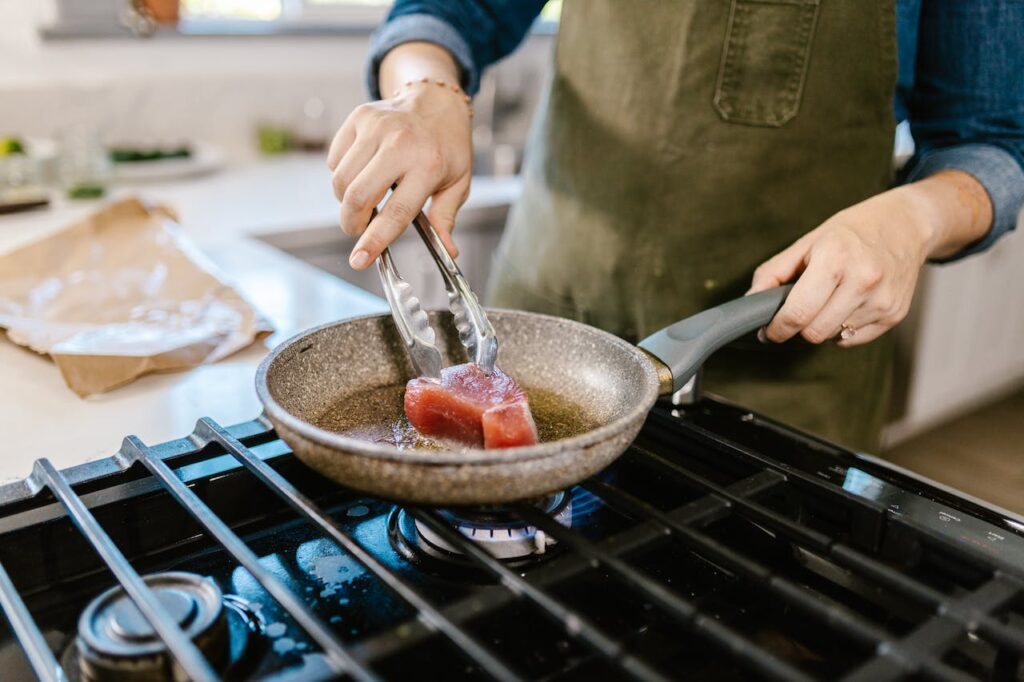
In the bustling environment of a French kitchen, the sounds of sizzling pans are as common as the clinking of cutlery in a dining room. A beginner’s cooking class will introduce you to the techniques of sautéing and searing, essential methods for achieving the perfect colour and texture in dishes. Sautéing, derived from the French word ‘sauter’ meaning to jump, involves cooking food quickly in a small amount of fat over relatively high heat, causing the food to jump in the pan.
You’ll learn the importance of a hot pan to ensure your food doesn’t stew in its juices, and how to achieve the Maillard reaction, that beautiful browning that gives dishes such as Coq au Vin or Beef Bourguignon their depth of flavour. Searing meat to lock in juices (an idea that has, to be fair, widely questioned) and create a caramelised crust is another skill that will be covered, teaching you how to start a dish with maximum flavour.
Confit & Slow Cooking Techniques
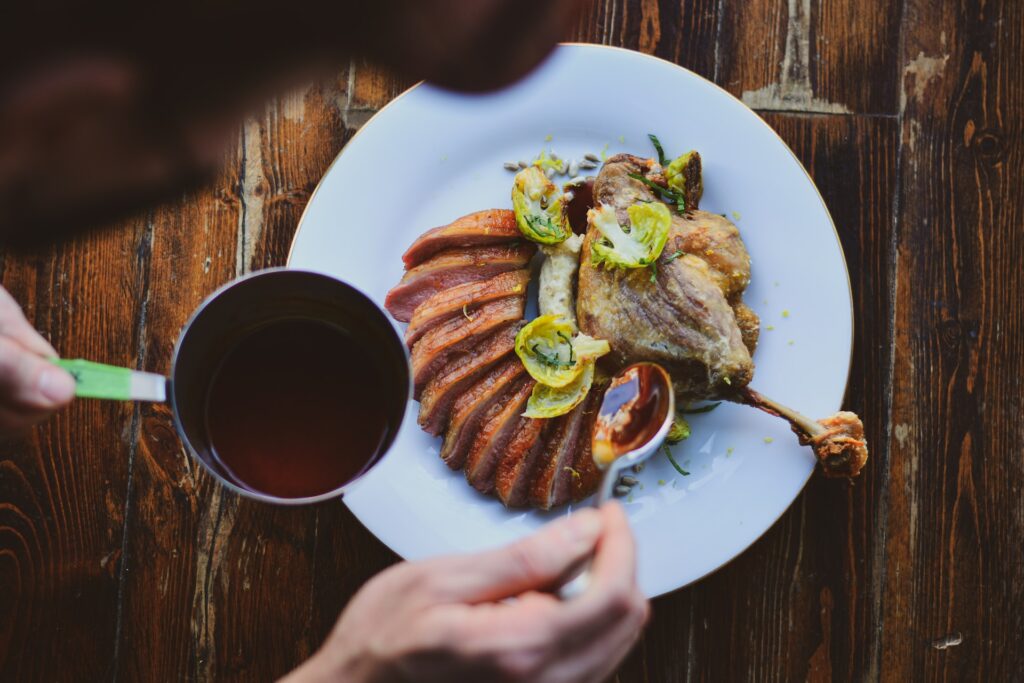
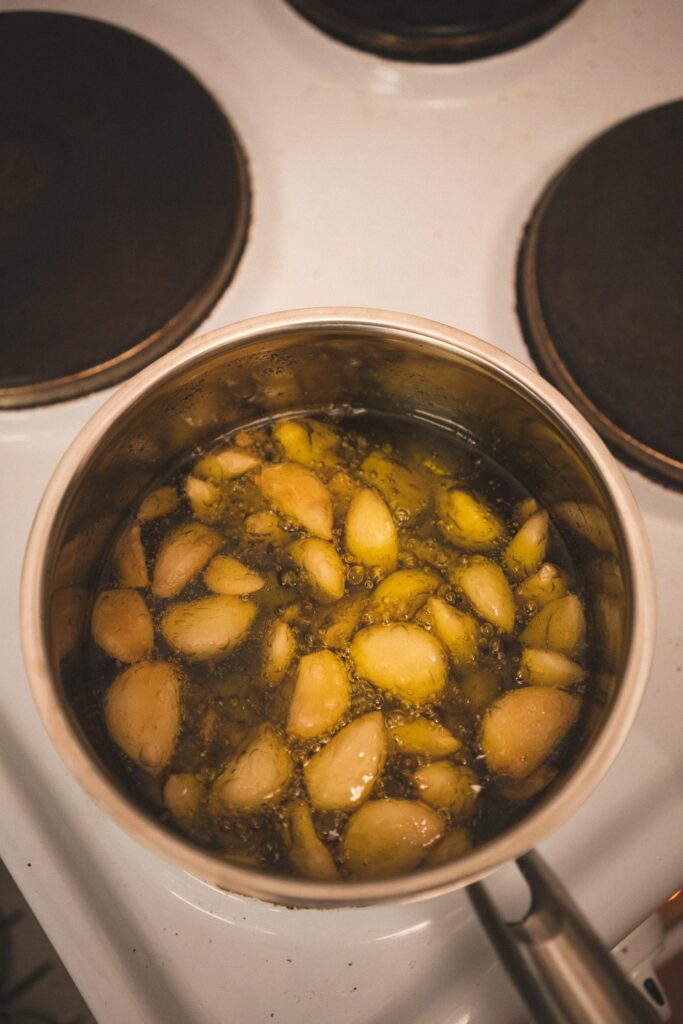
The French have long understood the value of slow cooking, a method that can transform the toughest cuts of meat into melt-in-your-mouth delicacies. Confit, one of the oldest ways to preserve food, involves cooking it slowly in its own fat. This technique is not only about preservation but also about developing rich, deep flavours. In a beginner’s class, you’ll likely explore the process of making duck confit, where the legs are cured and then cooked gently in duck fat until they are unbelievably tender.
Slow cooking also extends to stews and braises, where you’ll learn the art of layering flavours and the importance of a gentle simmer. Dishes like Cassoulet or Boeuf Bourguignon are not just recipes, but lessons in patience and the rewards that come with it.
The Importance Of Mise En Place
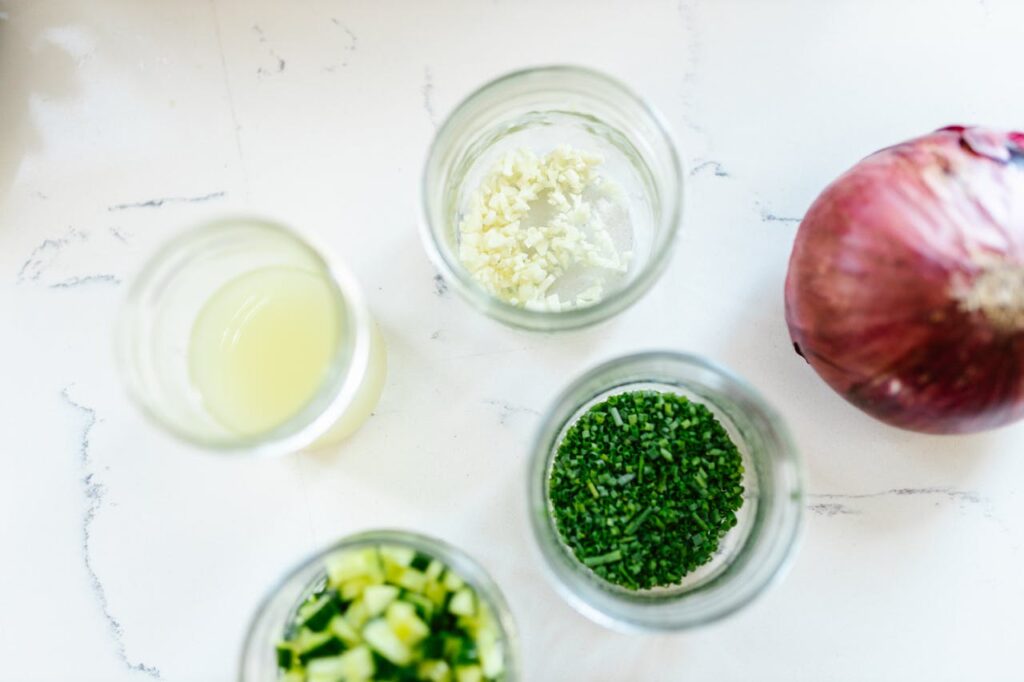
Finally, a beginner’s French cooking class will instil in you the importance of mise en place, or “everything in its place.” This philosophy encourages cooks to prepare and organise their ingredients, knives, utensils and equipment before beginning the cooking process. It’s a discipline that ensures efficiency and calm in the kitchen, allowing you to focus on the cooking itself without the frantic search for a forgotten herb or spice.
The Bottom Line
A beginner’s French cooking class is more than just a step-by-step guide to preparing dishes; it’s an introduction to a mindset, a culture, and a history of culinary excellence.
Each of these sections builds upon the last, creating a comprehensive curriculum that transforms novices into capable cooks, ready to tackle the subtleties of French cuisine. With these skills, the kitchen becomes a place of endless possibilities, where each ingredient can be transformed into a work of art. Whether you’re dreaming of whipping up a storm for a dinner party or simply looking to add a touch of French flair to your everyday meals, these are the skills that will set you on the right path.

